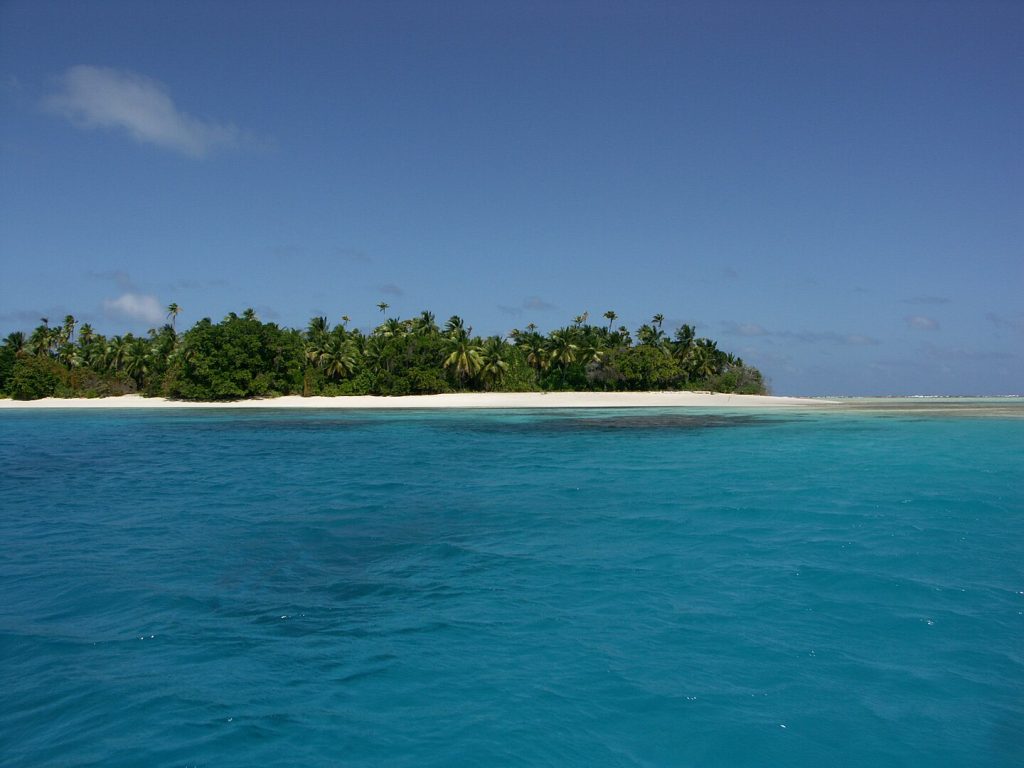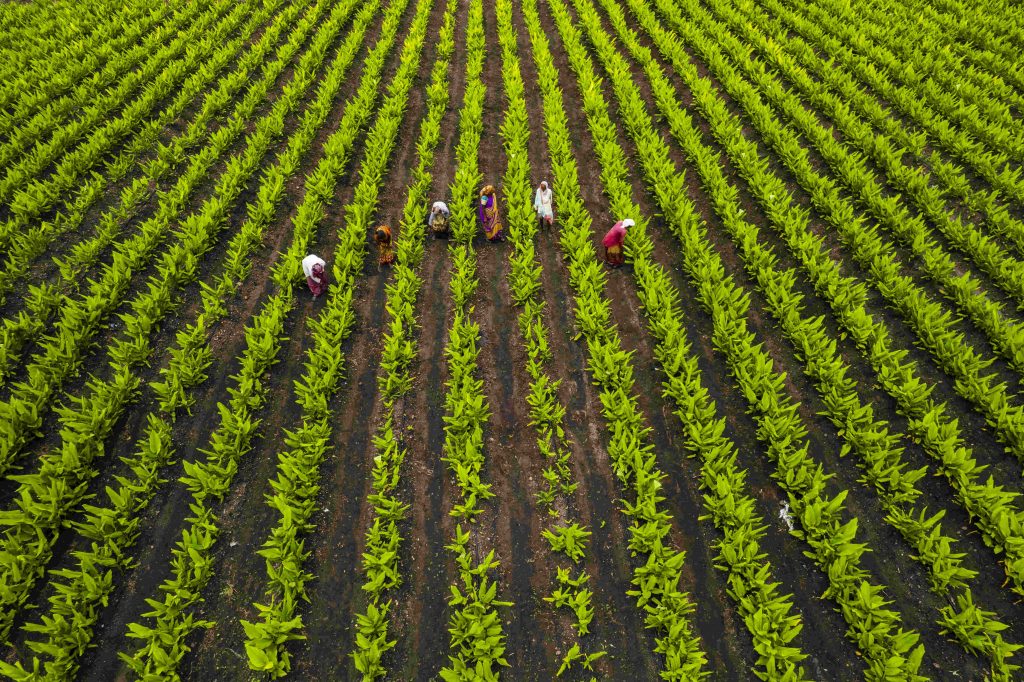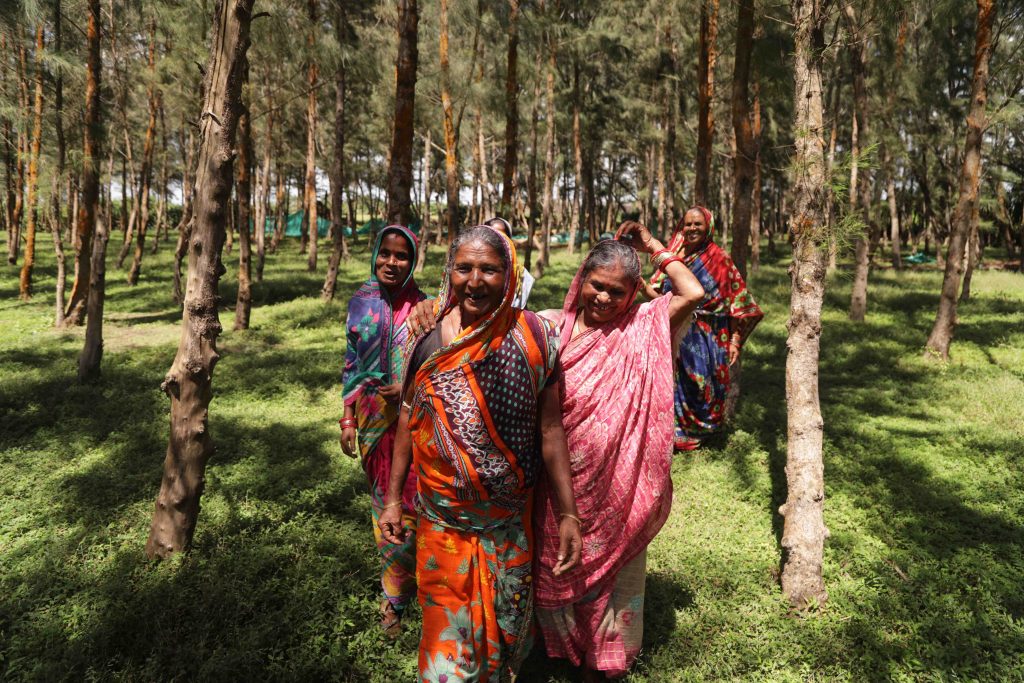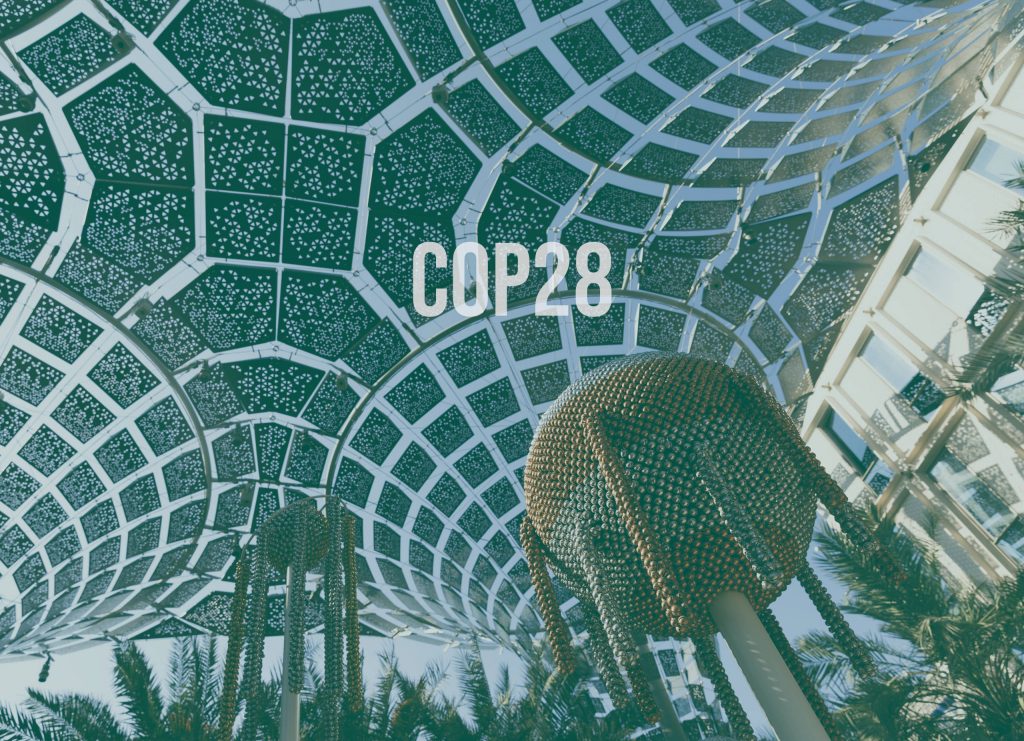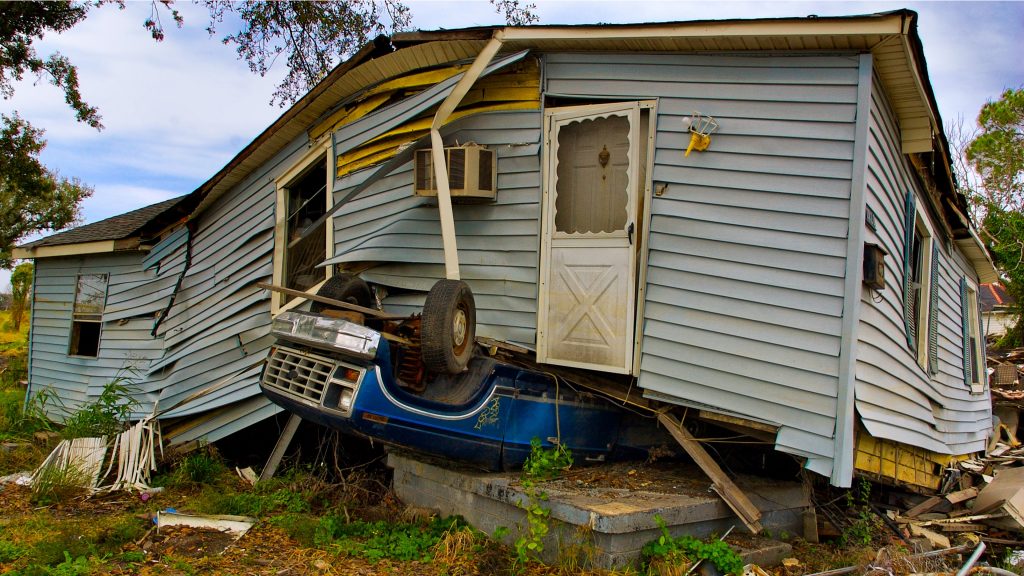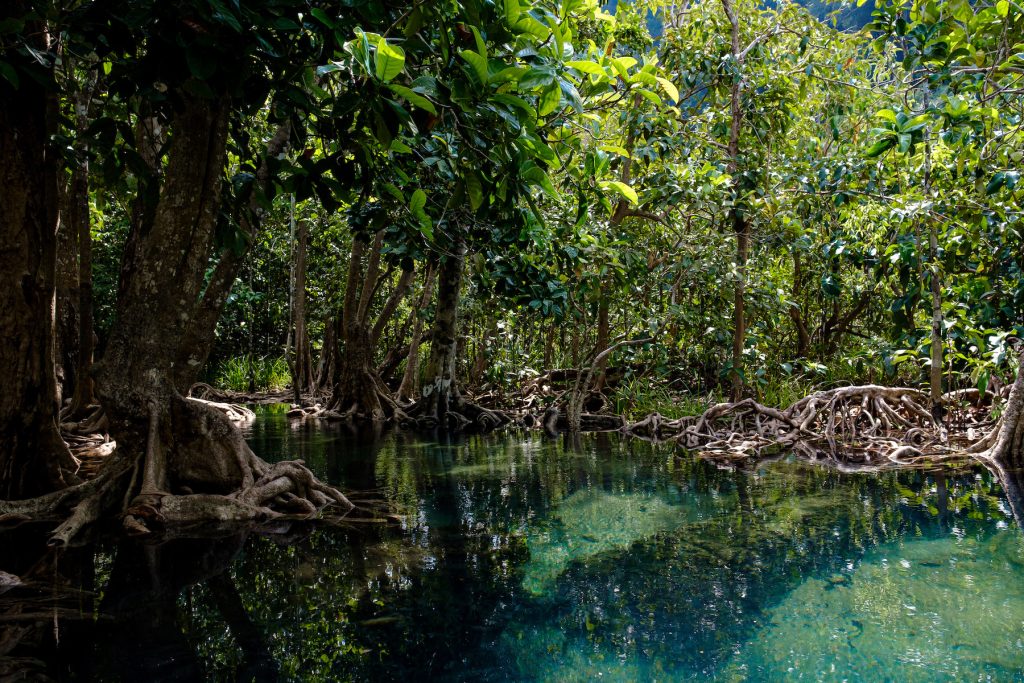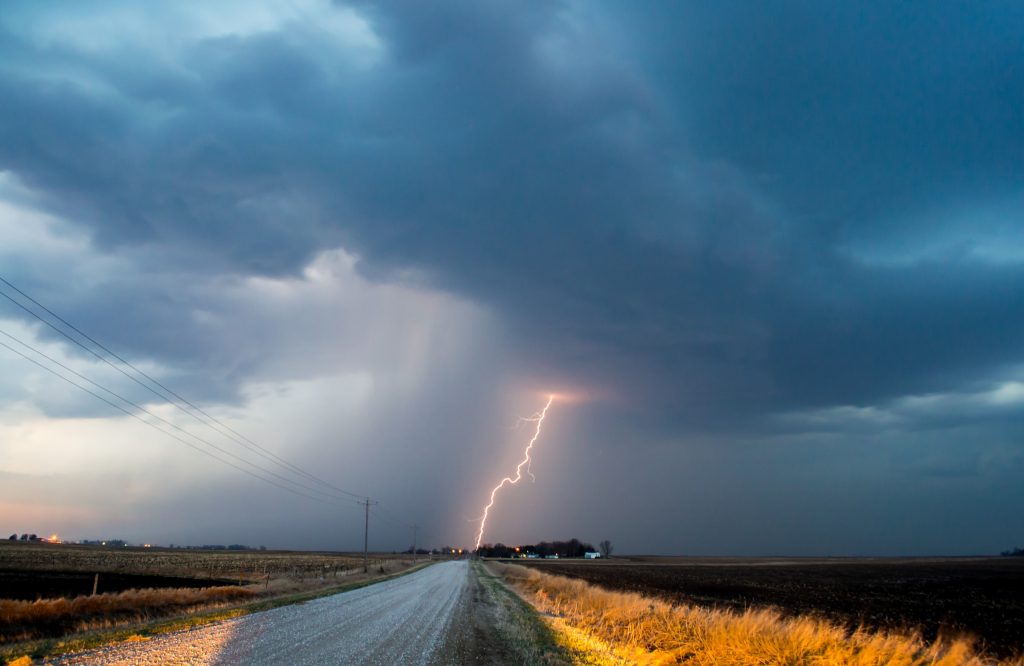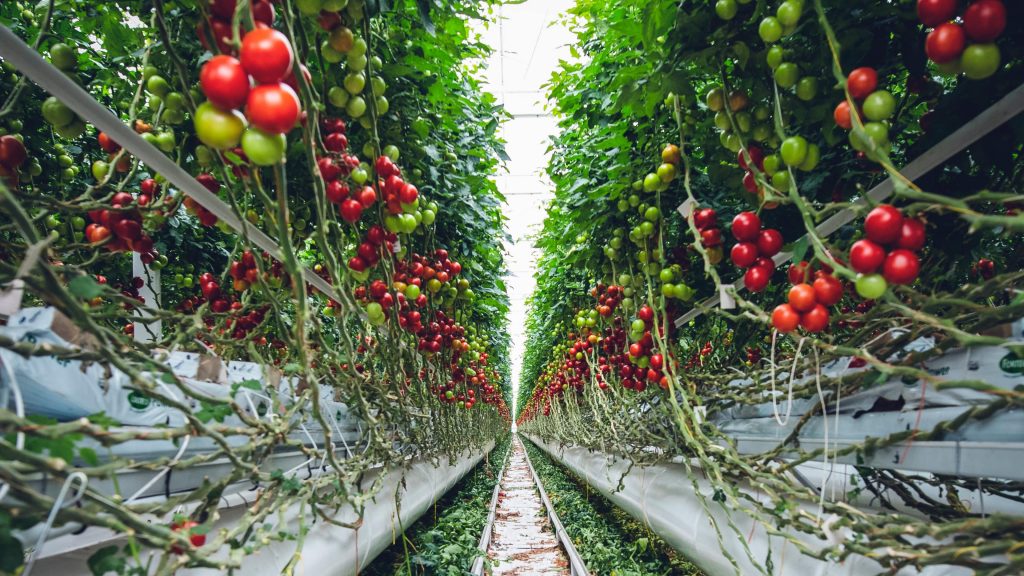
With great risks come opportunities: Interview with Francesco Bosello
Technological, economic, and environmental risks are on the rise, but it is precisely in these areas that the opportunities for building a better future lie. In an increasingly fragmented world, awareness of the need to act on climate risks is growing whilst priority for action is directed elsewhere. CMCC Principal Scientist Francesco Bosello comments on the World Economic Forum’s Global Risks Report 2024.

